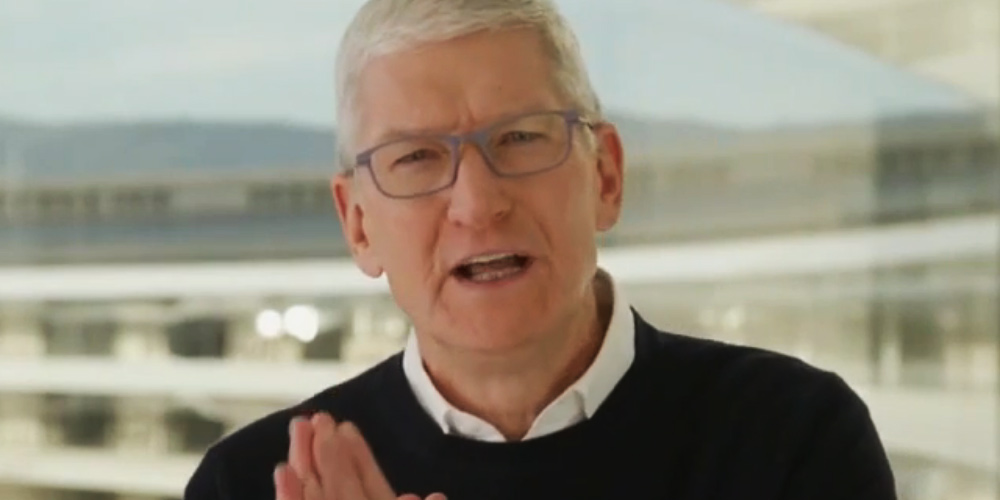Since people started to consider the internet as a method of communication, they also started considering it as a way to share their opinions in a way that traditional mass media isn't capable of.
After all, the internet is giving anyone on the planet with a connection to voice their opinions, so why stop short from advocating free speech?
While World Wide Web inventor Tim Berners-Lee wanted the internet to be decentralized. But in fact, as the internet matures, most of the web's contents are controlled by only a bunch of platforms.
Two of the largest, include Google and Facebook.
Apple is also one of the them, but in a way that it provides the means for companies to have presence in its Apple ecosystem. Through its App Store, for example, Apple has the power to control who can be in, and who should be kicked out.
And when dealing with the outcome of the U.S. Capitol Building raid that left five people dead, CEO Tim Cook said that he sees no “intersection” between the right to freedom of speech and the ability to provoke violence, as his reason to ban Parler, the alt-tech, conservative-leaning social media.

To Fox News Sunday, Tim Cook said that:
“We obviously don’t control what’s on the internet, but we’ve never viewed that our platform should be a simple replication of the Internet. We have rules and regulations and we just ask that people abide by those.”
Apple banned Parler from its platform following the January 6, 2021 Capitol siege, saying at the time that the service failed to remove content that promotes violence.
Cook said there are more than 2 million apps on the App Store, and by having presence on the store, they all are expected to abide by the terms of service.
“Big tech is not monolithic,” said Cook, the Alabama native and Auburn University graduate.
“There’s several companies. They do different things. For us, we’re always trying to do the right thing.”
After Twitter and a number of other Big Tech platforms banned Donald Trump over his comments, many of his supporters flocked to Parler, which has less restrictions for content if compared to major platforms.
And when Apple jumped into the bandwagon to ban Parler, the company did it alongside Google, which also banned the platform's app, and Amazon, which dropped Perler from the servers of its Amazon Web Services.
Being banned from the three platforms, Parler was hit hard.
Parler’s chief executive, John Matze, said that the ban was "a horrible way to handle this."
"Guess they arnt [sic] really concerned about the 'violence' that is against our rules anyway," Matze posted on Parler. "If they actually cared, they would try to help. Not dump the app and send a break up public statement."
“Apparently they believe Parler is responsible for ALL user generated content on Parler. By the same logic, Apple must be responsible for ALL actions taken by their phones. Every car bomb, every illegal cell phone conversation, every illegal crime committed on an iPhone, Apple must also be responsible for,” Matze said of Apple.
Following his statement, Tim Cook said that things are temporary, saying that Parler could return to Apple's App Store, if it can step up its moderation.
"We've only suspended them," Cook said. "And so if they get their moderation together, they would be back on there."
This case has raised some concerns about how powerful Big Tech companies can be. Critics said that the fate of others on the internet shouldn't depend on the hands of a select few millionaires and billionaires running some of the world's largest platforms.